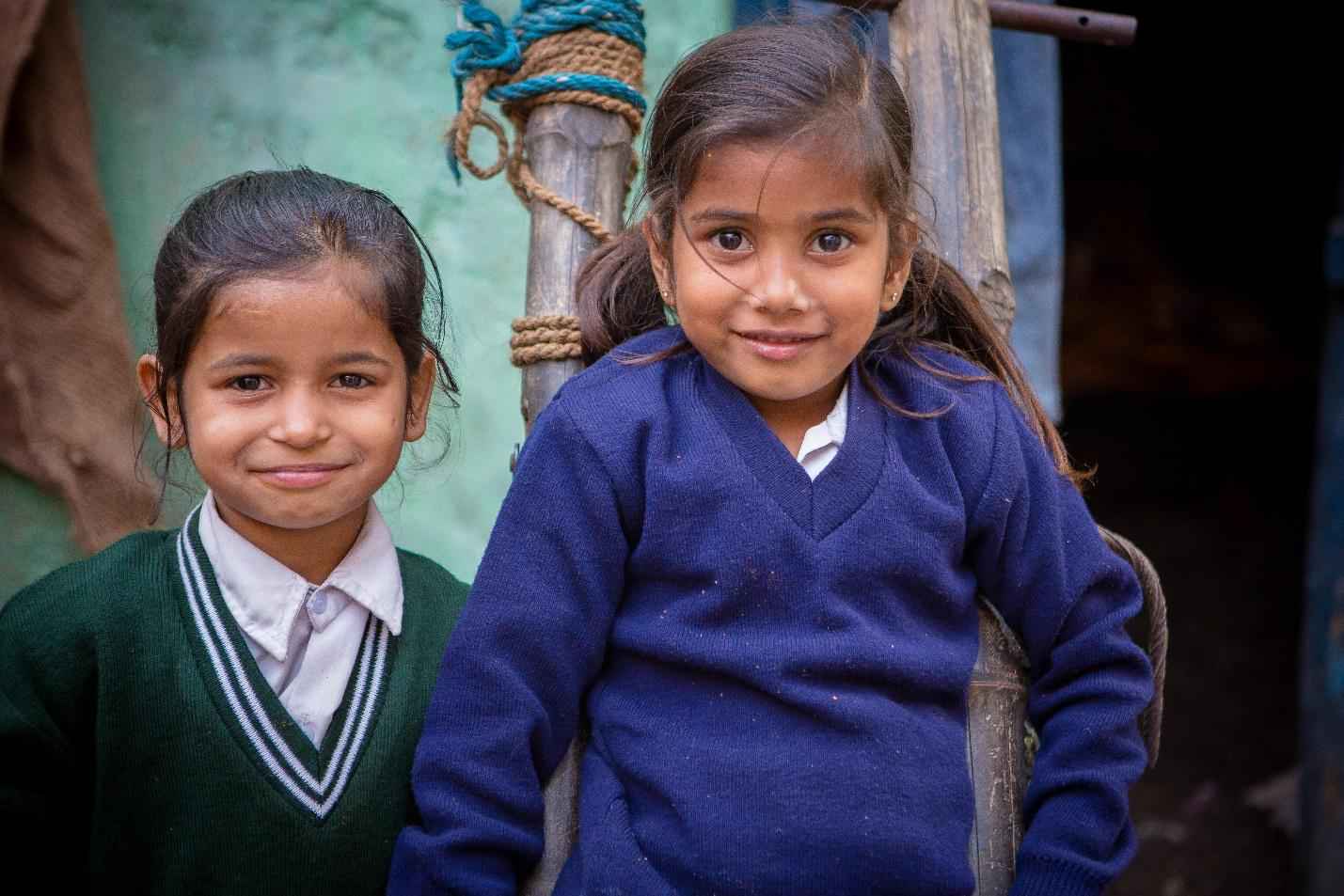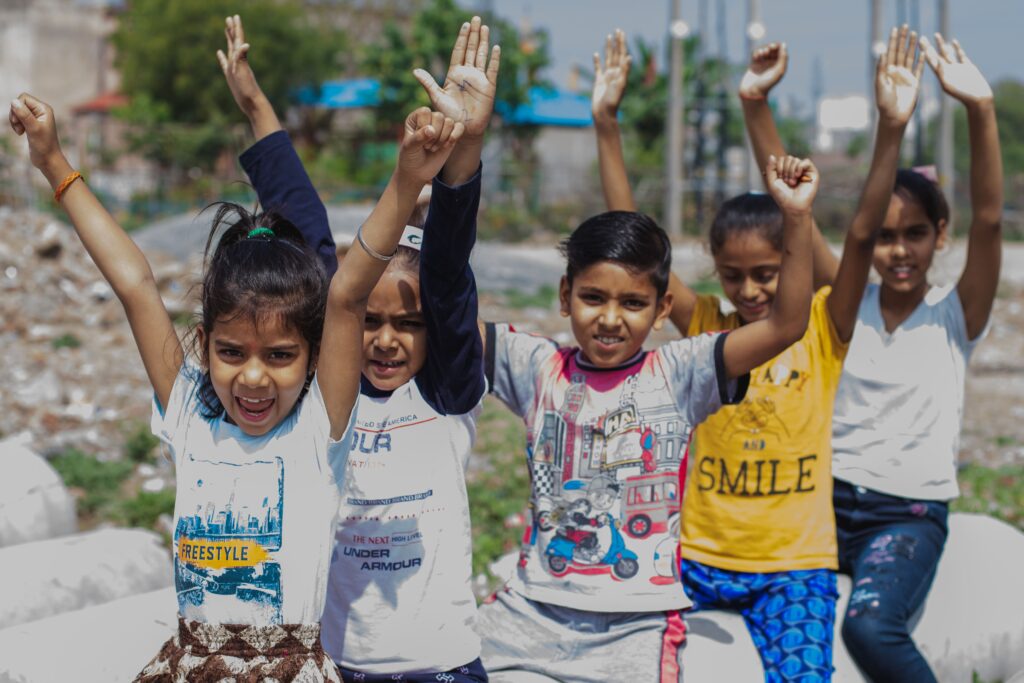
Understanding the Causes of Child Marriage and Its Impact
Summary/TL;DR on Causes of Child MarriageChild marriage still affects millions of girls in India, robbing them of education, health, and safety. ....
Read MoreTLDR;
Legal Age for Marriage in India: Under the Prohibition of Child Marriage Act, 2006, the minimum legal age for marriage in India is 18 years for girls and 21 years for boys.
Child marriage continues to be a harsh reality for many children in India, affecting their health, education, safety, and future opportunities. While progress has been made, the practice has not disappeared entirely. To protect children, there are clear child marriage laws in place, but awareness and enforcement are still ongoing challenges. In this article, we will look closely at the laws against child marriage in India, the legal age for marriage in India, penalties, and how organizations like CRY India are working to prevent it.

Child marriage refers to a marriage where either the girl or the boy is below the legal age of marriage. In India, under the child marriage in India law, the legal age is 18 years for girls and 21 years for boys. Any marriage conducted before this age is considered a child marriage and is voidable at the request of the minor.
Child marriage denies children their basic rights to education, health, and a childhood free from adult responsibilities. Girls in particular often face early pregnancies, health risks, and the end of their education. This creates a cycle of poverty and inequality that is hard to break. According to the National Family Health Survey (NFHS-5, 2019–2021), 23.3% of women aged 20–24 were married before 18, showing that while numbers have improved, the issue remains significant.
Also Read: Prohibition of Child Marriage Act
The Prohibition of Child Marriage Act, 2006, clearly sets the minimum legal age for marriage.
Any marriage below these ages is considered a child marriage and can be declared voidable by the minor once they reach adulthood.
These legal age limits are not just numbers. They are there to protect children from harm. By stopping marriages before the legal age, the law helps children continue their education, avoid early pregnancies, and live a healthier and more secure life.
Also Read: Child Marriage in India Harms Underprivileged Children
Parents or guardians who allow or encourage child marriage face strict action under the laws against child marriage in India. If they are found responsible, they can be punished with up to two years of rigorous imprisonment. They also have to pay a fine of up to one lakh rupees, or both. Women are exempt from imprisonment but can still be fined.
Those who organize, promote, or perform the ceremonies of child marriage also face penalties. Even community leaders, priests, or relatives who knowingly take part in a child marriage can face imprisonment and fines. If a court has issued an order to stop a marriage and it is ignored, those responsible can also be punished.
Also Read: Protect Childhoods by Addressing the Issue of Child Marriage
The key child marriage law in India is the Prohibition of Child Marriage Act, 2006 (PCMA). It replaced earlier laws and made penalties much stricter. The Act empowers children to declare such marriages voidable once they turn 18, and it sets punishments for those who support or arrange these marriages.
The PCMA gives legal protection to children by:
This framework has been key in reducing child marriage in India, but the law needs strong enforcement to be fully effective.
Even though laws against child marriage are strong on paper, enforcing them is difficult. In rural and economically weaker areas, child marriage often continues due to poverty, lack of education, and traditional beliefs. Families may see marriage as a way to reduce financial burden or secure a child’s future, even though it often leads to more hardship.
Awareness is another challenge. Many communities are not fully aware of the legal age of marriage in India or the penalties. Sometimes, social pressure outweighs the fear of punishment, which is why grassroots awareness and education are vital.
CRY India has been at the forefront of creating awareness and fighting against child marriage. The organization works at the community level to educate parents about the harms of child marriage and the importance of letting children complete their education. CRY India also helps empower children by supporting them to stay in school, creating safe spaces, and giving them a voice to resist early marriage.
By working with local authorities, communities, and families, CRY India ensures that laws against child marriage in India are not just written in books but are actually practiced in daily life. Preventing child marriage is not only about law enforcement but also about changing mindsets, and this is where CRY India plays a crucial role.
"I used to be a part of the CRY Children's Committee and the experience inspired me to stand up for my dreams... Everyone has the right to be successful in life – don't let anyone stand in your way."
— Check out Asha's story, who beat child marriage to become a Police Officer
Parents who allow or encourage child marriage can face up to two years of imprisonment, a fine of up to one lakh rupees, or both under the Prohibition of Child Marriage Act, 2006.
The laws are effective in providing a framework to prevent and punish child marriage. However, enforcement remains a challenge in some areas due to social and cultural practices.
Child marriage often ends a child’s education and exposes them to health risks, early pregnancies, and limited job opportunities. It can trap families in cycles of poverty.
The main challenges include poverty, lack of awareness, social traditions, and limited enforcement in rural areas. Stronger community involvement and awareness are needed.